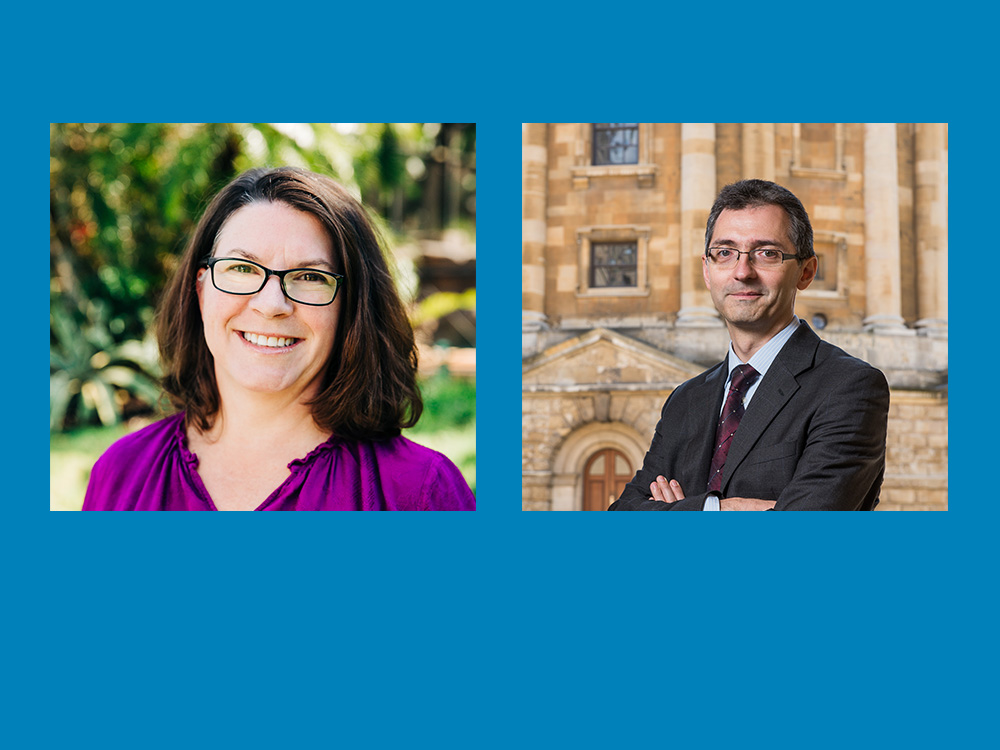Amanda, what are you currently spending most of your time with professionally?
“Last year marked a big transition year for me, as I executed my corporate succession plan and handed the CEO baton over to a very talented young life sciences executive at the company I started in 2009. I have spent the past 15 years leading this early-stage medical diagnostics company here in the US, juggling the demands of startup life with academic teaching and research. Right now, I continue to serve as cofounder and board director of my company and directing more time to my research and student programming at Babson College, while also taking on a number of additional board and startup advisory roles. SFL is one of those new roles. In terms of my academic work, I lead the Global Entrepreneurship Monitor (GEM) Women’s Report each year, serve on the organizing committees and editorial board for the annual Diana International Research Conference, and manage sponsored research projects at Babson College Frank & Eileen® Center for Women’s Entrepreneurial Leadership.”
Why did you join the SFL’s Scientific Advisory Council?
“I joined the SFL Scientific Advisory Council for three reasons. First, I like the mission! As stated on the website, the goal is to “bring a transdisciplinary approach to financial research balancing the environment, equity and economics.” I already take this approach in much of my work on entrepreneurship and innovation, collaborating with scholars from across many different disciplines. Second, I was invited to join the Council by my colleague, Malin Malmström, whose research I admire. And finally, former Council member, Candida Brush, is a mentor of mine and strongly recommended that I accept the invitation to join as she has enjoyed her time on the Council and found great benefit from working with fellow Council members. I very much look forward to learning from and sharing my work and experience with fellow Council members. The best insights and forms of new knowledge come from cross-disciplinary collaborations, in my experience.”
You are a sociologist by training; how would you describe your research focus in relation to sustainable finance?
“Much of my research focuses on access to financing, social inequality and governance. This research is informed heavily by my training in sociological theory and focused interests in capital allocation, access to resources, and sustainable business models in the creation and growth of new firms. With regard to teaching and practice, my work focuses on more tactical aspects of early commercialization, like startup process, product-market fit, and growth financing, especially in the context of market regulations and the creation and/or development of disruptive innovations and new markets. In a nutshell, I am interested in the role of sustainable financing at multiple levels of analysis, with particular attention to supporting innovation and entrepreneurship for ALL kinds of entrepreneurs. I believe that an inclusive and well-designed economic system benefits everyone.”
Dariusz Wójcik, Professor of Financial Geography at the National University of Singapore, what are you currently spending most of your time with in your professional life?
“My research continues to cover a broad range of topics concerning globalization, finance, and sustainable urban and regional development.”
Why did you join the SFL’s Scientific Advisory Council?
“I am proud to join the SFL’s Scientific Advisory Council to help research on sustainable finance with a truly interdisciplinary agenda.”
You are a financial and economic geographer; how would you describe that combination? And how does that fit into the concept of sustainable finance?
“Financial geography is concerned with studying the spatial structures of finance, their evolution, and their impacts on the economy, society, and the environment. What, in my view, is crucial to sustainable finance is to define finance properly, in a broad and clear fashion. For me, the best definition of finance is a system of human and human-environment relationships in which people interact with each other and with their environment through the medium of money. Once we understand finance in this way, we can manage and govern it better.”






